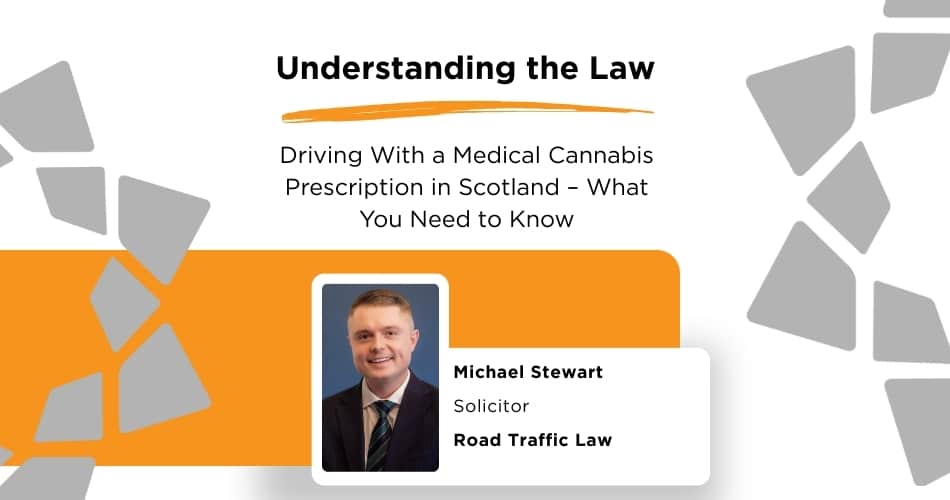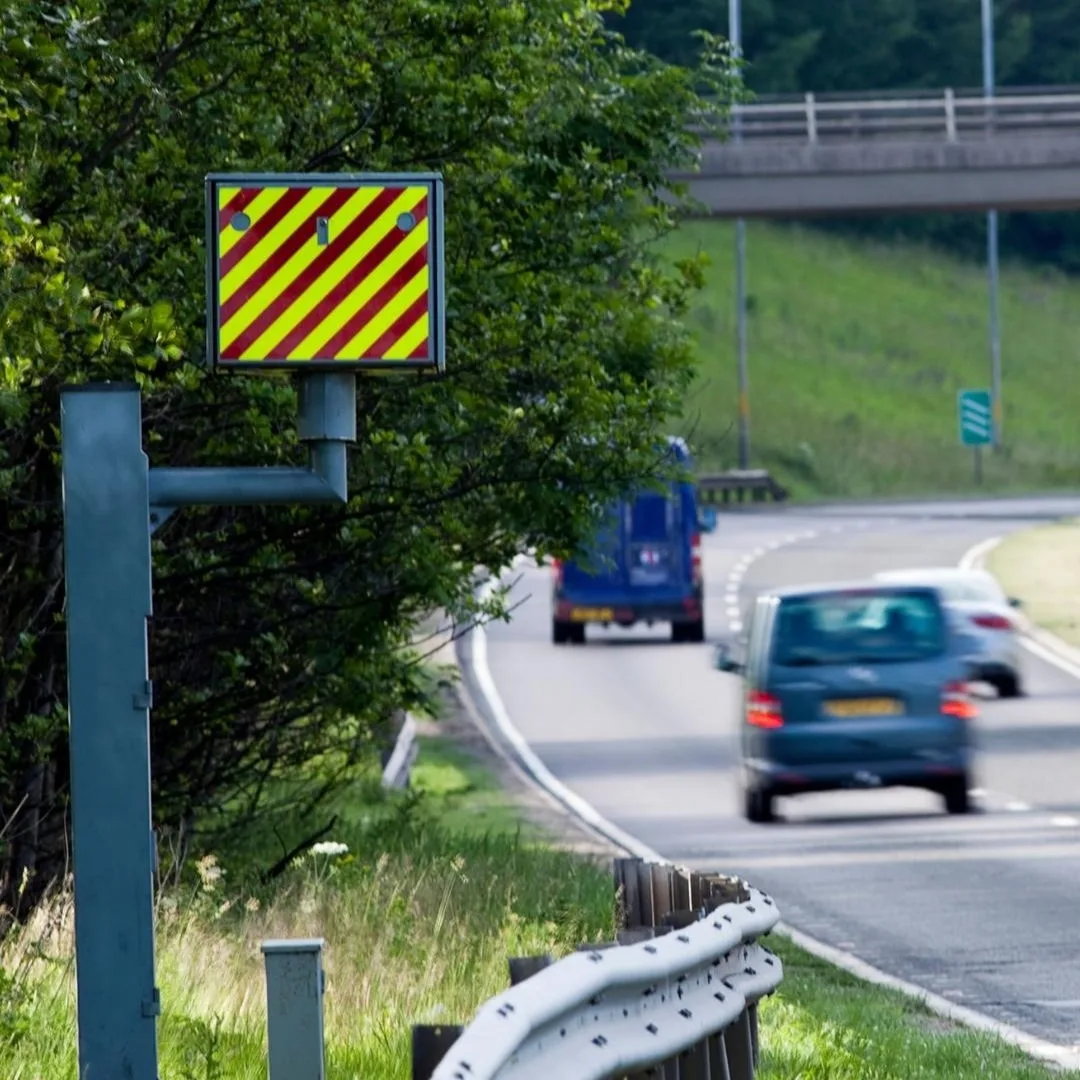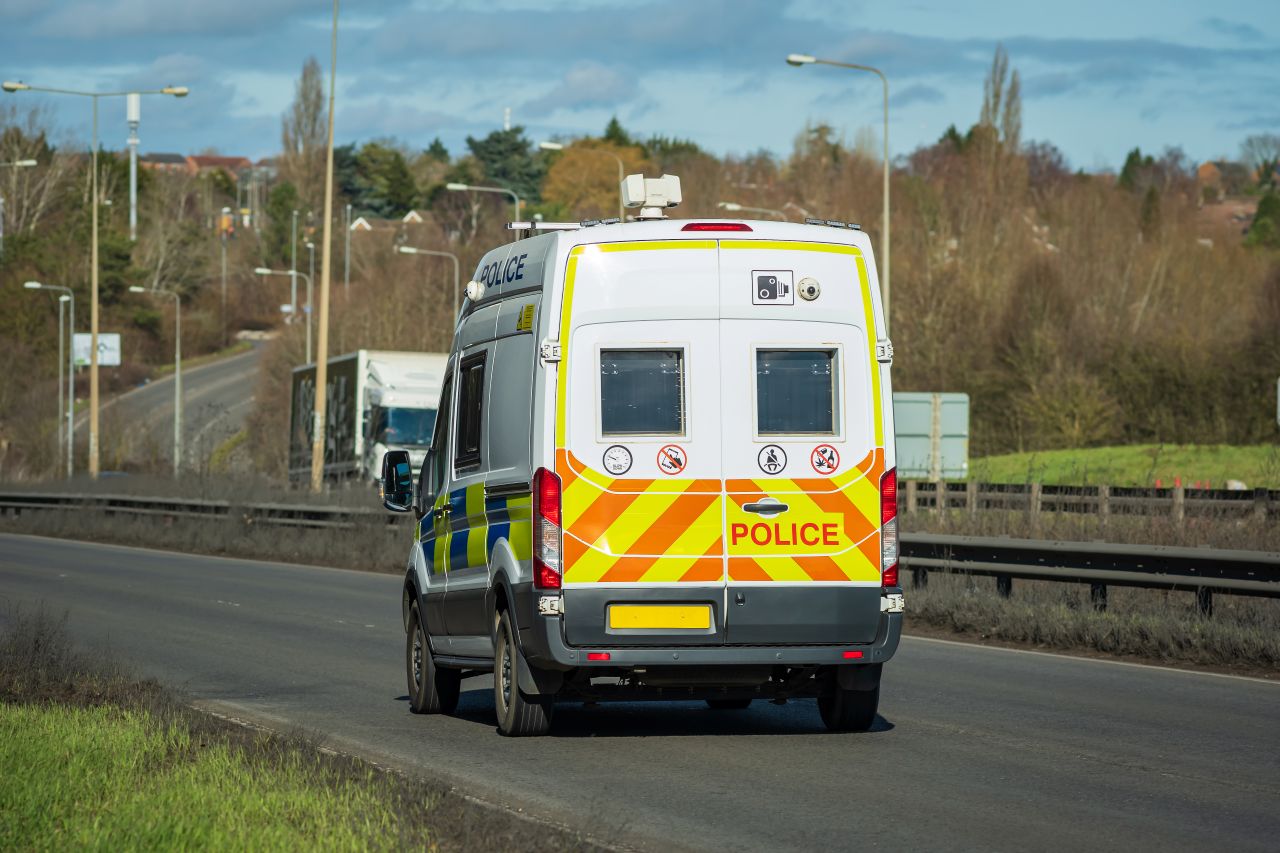
Driving With a Medical Cannabis Prescription in Scotland – What You Need to Know
By Michael Stewart – Solicitor Criminal & Road Traffic Law Driving with a Medical Cannabis Prescription in Scotland - Can...
Scullion News & Resources

With over 5,000 speed cameras in the UK, even the most cautious drivers can find themselves in a situation where they are prosecuted. Where several speed cameras are deployed on the same road or motorway, drivers run the risk of being caught speeding more than once on the same journey.
It has been questioned whether this would count as one offence or two.
The general rule is that where two speeding offences are deemed to have been committed ‘over the course of the same journey, e.g., within a few minutes of each other, the Court can impose only one set of points for the two or more offences. The question really becomes one of interpretation. Whether or not the offences will be treated separately or together is at the discretion of the court. We have managed to successfully argue, for example, that a journey to and from somewhere on the same day could be considered part of one journey.
Speeding carries a number of penalties that can have a lasting impact not just on the driver but anyone who relies on their ability to drive, e.g., children. In Scotland:
Within 14 days of being caught speeding by a speed camera, you will be sent a Notice of Intended Prosecution (NIP) and a Section 172 notice. The NIP is often the first indicator that you are facing proceedings for a road traffic offence. It can be given for offences such as careless driving, dangerous driving, and, of course, speeding. The Section 172 notice must be returned within 28 days, declaring who was driving the car at the time of the offence. Following the submission of the Section 172 notice, you will be sent a Fixed Penalty Notice (FPN).
On receiving the FPN, if you decide to plead guilty, you will receive a £100 fine and have three points added to your licence. You must accept the fixed penalty within 28 days of its issue and pay it at any court across Scotland. If you do not pay the FPN within 28 days and the matter is referred to the court to deal with, then the FPN is no longer valid and the court has the ability to deal with the matter in any way they see fit. They are not bound by the fact that you previously received a FPN.
If you want to contest the speeding offence, then you simply need to ignore the penalty, and you will usually then receive a citation to attend court in relation to the offence. Only then can you challenge it.
If you have been issued with two or more fixed penalties within the same journey, it is critical that you speak with a road traffic professional before accepting the fines. Once an FPN is paid, you cannot change your mind or challenge it. With proactive legal representation, you may be able to get it reduced to just one offence.
Contact Scullion LAW’s Road Traffic lawyers in Glasgow, Edinburgh and Hamilton Today
Scullion LAW, Specialist Road Traffic Lawyers with offices in Glasgow George Square, Edinburgh, and Hamilton, can help you. Call our road traffic experts at 0141 374 2121 or complete our online enquiry form.
This article was originally published on Scullion LAW’s ‘The Traffic Lawyer’ website.

By Michael Stewart – Solicitor Criminal & Road Traffic Law Driving with a Medical Cannabis Prescription in Scotland - Can...

For many Scots, the car is more than just a mode of transport. It’s a livelihood and a lifeline. But...

How Scullion LAW Act for You in Dangerous Driving Charges Being charged with dangerous driving in Scotland can feel overwhelming....